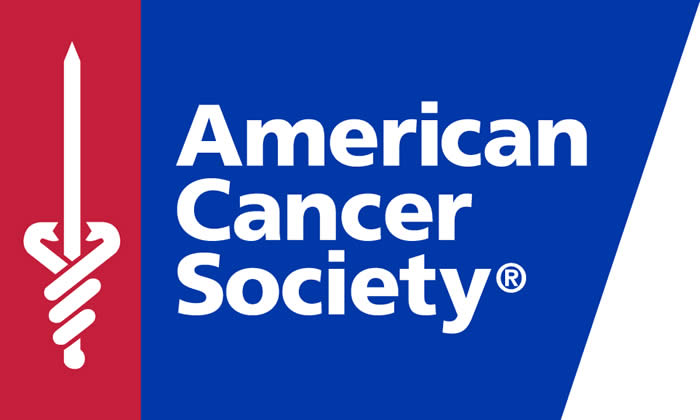Through The Fog Of New Cancer Research Information
Through The Fog Of New Cancer Research Information
By Dr. Len
I had trouble sleeping this morning, so I got up and took a look at the tweets on my smartphone that focused on yesterday's sessions at the annual meeting of the American Society of Clinical Oncology in Chicago.
There were literally hundreds of bits of information that covered the span of sessions, from science to quality of life to other topics of interests. I wondered how much of the information we have heard over the past several days will actually make a difference in the lives of cancer patients in the days and months ahead. And while sitting in a less well-attended session hearing an update on another once promising approach, the sad reality struck me squarely: not much.
This is the premier clinical cancer meeting in the country, if not the world. Thousands of doctors and researchers come to this meeting to learn the latest information about clinical cancer research and cancer treatment. There are thousands of abstracts presented and discussed, and constant chatter about the newest drug or the newest test or the newest way to diagnose cancer. The drug companies, the lab test companies, the computer companies are all here to advance their drugs and their tests and their wares. There are receptions, dinners, private meetings all over the place. There are sessions where literally thousands of doctors sit and listen to the top ranked research presentations, which represent the best of our science. There is certainly no lack of buzz, or excitement, or opportunity to learn. This is truly a festival of information about what is new in cancer treatment.
And then I go to a session late on Monday afternoon tucked in a back corner of this vast complex known as McCormick Place and hear a group of presentations reflecting on ten years experience with drugs that we thought blocked blood vessel growth to tumors. There are a couple of hundred people in the room, and the presenters acknowledge that the initial promise of those drugs hasn't been realized. In fact, they note, there are even still controversies over how the drugs actually work. But no one is there to give the story prominence, since it is "yesterday's news."
I can't help but think about the excitement that surrounded these drugs ten years ago when they were to "great new thing." I recall sitting in one of those megasessions where thousands hung on the words that one of these drugs significantly prolonged survival in colorectal cancer. Then, the news was greeted with sustained applause. Today, there is barely a whisper among those listening to the latest information.
I have been coming to this meeting for over thirty years. I have seen concepts and ideas and the next great thing come and go. Among us older folks there is a shield of skepticism that blunts enthusiasm for some of the claims we hear, and helps us understand that through the fog of information that surrounds this meeting, there inevitably is a process that will distill what is important from that which probably won't make a difference. We can't listen to every presentation, we can't absorb all of the information at every presentation, we are not experts in the science of every presentation. There is simply too much to understand and learn. We have to rely on others to advance the ideas that will get the traction that will make a difference in the care and the lives of our patients.
Read More Here.

